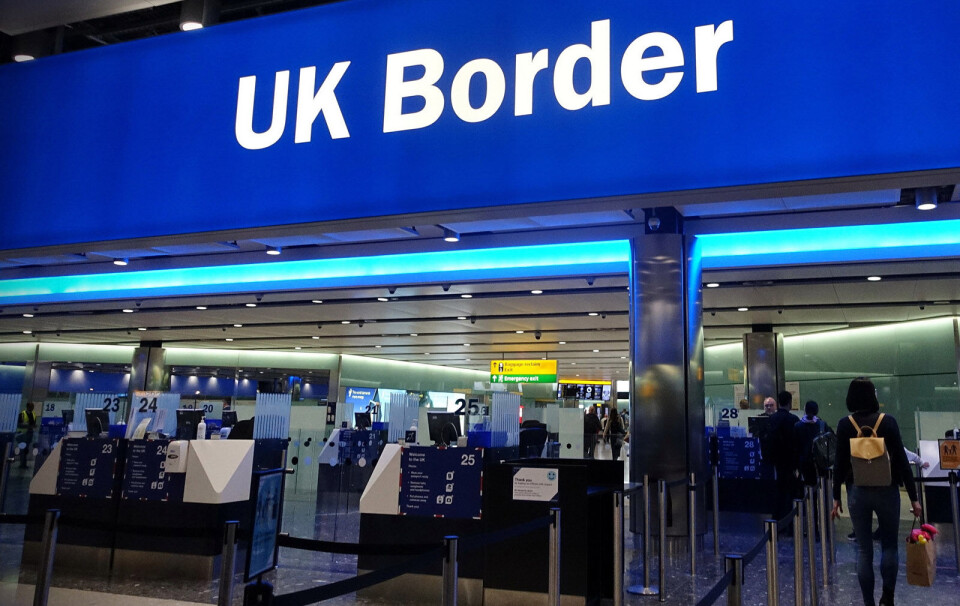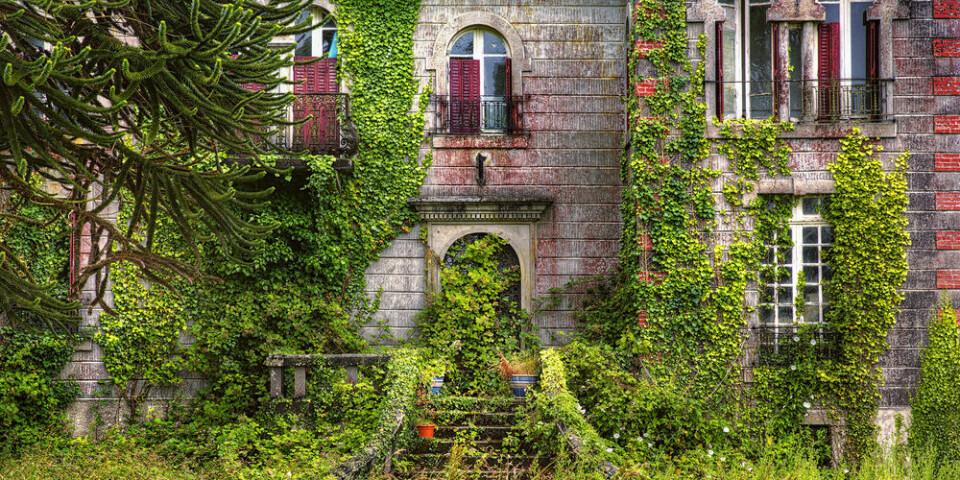-
Alerts over high pollution in Normandy and Paris
Health warnings are in place for vulnerable people
-
Strikes at French ports to continue during March: List of dates
Ferry services may be affected if action stepped up
-
How to help animals and avoid errors in your French garden before spring
Gardening with care can make a big difference at this time of year
Marseille professor seeking to cure Covid-19
Prof Didier Raoult from Marseille has made headlines linked to hopes of a chloroquine treatment for Covid-19 – here we find out more about this intriguing figure.

The man sticks out like a sore thumb in a generally hushed medical environment.
Not only is he from Marseille but he could be described as a bit of a "loudmouth", however his scientific publications are regular and are praised by his colleagues for their relevance.
With something of the cowboy about his look, this doctor nonetheless demands to be taken seriously – a member of the Covid-19 Scientific Council (which advises the government), it was he, with his teams, who supervised follow-up of French people repatriated from Wuhan and quarantined in the south-east of France.
He first made a name for himself by identifying ‘Mimivirus', a DNA virus that causes pneumonia, and then ‘Sputnik’, a dwarf virus capable of infecting another virus so as to spread.
A world specialist of ‘Rickettsies’, intracellular bacteria which cause origin of typhus, almost a century after the appearance of Whipple's disease (a rare disease causing joint pain and then chronic diarrhoea), he deciphered the genome at its origin.
Having become a professor, he went on to lead the research unit for emerging infectious and tropical diseases and then the Institut hospitalo-universitaire (IHU) Méditerranée-Infection, in Marseille.
Throughout his career, with his teams, he has identified dozens of new pathogenic bacteria.
Two now bear his name: Raoultella planticola and Rickettsia raoultii.
More than 3,000 of the world's most dangerous bacteria and viruses are kept in his laboratories at the Timone hospital.
In 2010, Didier Raoult was awarded the INSERM (French National Institute for Health and Medical Research) Grand Prix for his entire career.
It is true that he downplayed Covid-19 on 21 January 2020 in relation to all the diseases that kill in France.
The man had his doubts, but his rigor remained scientific.
With regard to hydroxychloroquine, being used to treat patients at IHU Marseille Infection, he declared on Saturday in La Provence: "It is not me who is strange, it is the people who are ignorant. I'm not going to be taught about the toxicity of this drug."
The drug is to be the subject of official tests in France, notably in Lille, and is now recommended in South Korea and appeats to have shown to be effective in a Chinese study of 100 patients.
"I'm not an outsider, I'm ahead of my time," he added, perhaps showing lack of humility or rather a sense of duty to save patients; a duty that all doctors adopt by taking the Hippocratic oath.
And last Saturday he added: "I'm happy with the expansion of trials with drugs, which work, I'm just a doctor.
“If you have doubts about my credibility, that's not my problem.
“There are people being treated all over the world, I don't feel more responsible for the patients in Paris than in Korea.
It will be the most intelligent ones who get the best care.
“I'm not trying to be arrogant. If people don't want to look at the numbers, there's nothing I can do about it.
“We've done two-thirds of the tests in France; we've put in place a war machine.
“But at the end of the day you can lead a horse to water but you can’t make it drink.”
Wearied of criticisms, his teams put out a statement on Sunday about their willingness to systematically test people presenting themselves on suspicion of being carriers of Covid-19 and to treat them with hydroxychloroquine and azithromycin.
Regarding infected patients, "many of whom have few symptoms but have lung lesions showing on their CT scans", they will propose "as soon as possible after diagnosis, treatment with the combination of hydroxychloroquine (200mg three times a day) plus azithromycin (500mg on the first day then 250mg per day for 5 more days), bearing in mind the usual precautions for using this combination.
In cases of severe pneumonia, a broad-spectrum antibiotic is also added to the treatment.
The Marseille doctors, who in doing this are leading a revolt against the system, explain in their statement "that it is not moral that this combination (of drugs) is not systematically included in the therapeutic trials concerning the treatment of Covid-19 infection in France".
"In short," they claim, "we are taking matters into our own hands. "
Since then, the combination of drugs has been integrated into the European test protocol, but the energetic professor's "outburst" has paid off.
Teaching hospitals such as Nice CHU have decided to integrate the protocol of the IHU Marseille-Infection for the care of the most serious patients with scientific monitoring and precautions for use.
In any case, the professor will be passing on Marseille’s results and analyses to the Ministry of Health.
Nice-Matin reports that in Nice, the treatment will be reserved for severely ill people in intensive care, and chloroquine will not be administered to patients without symptoms or with only minor ones.























